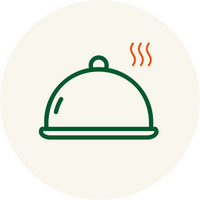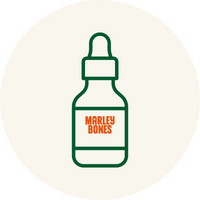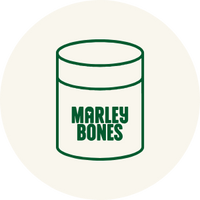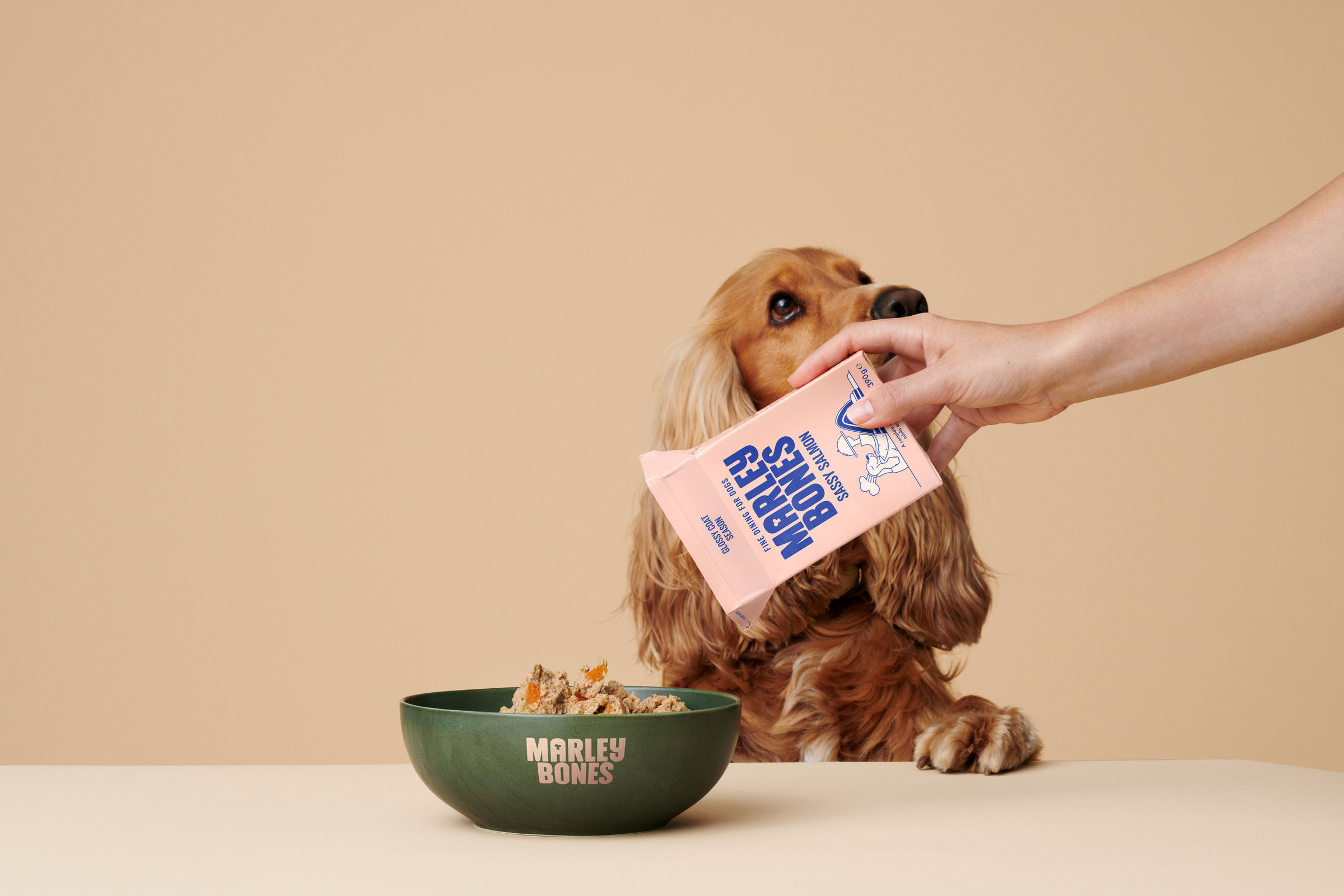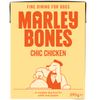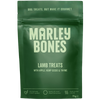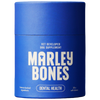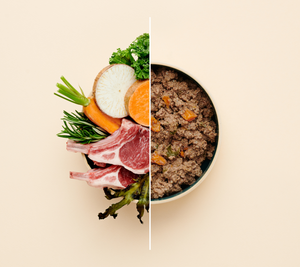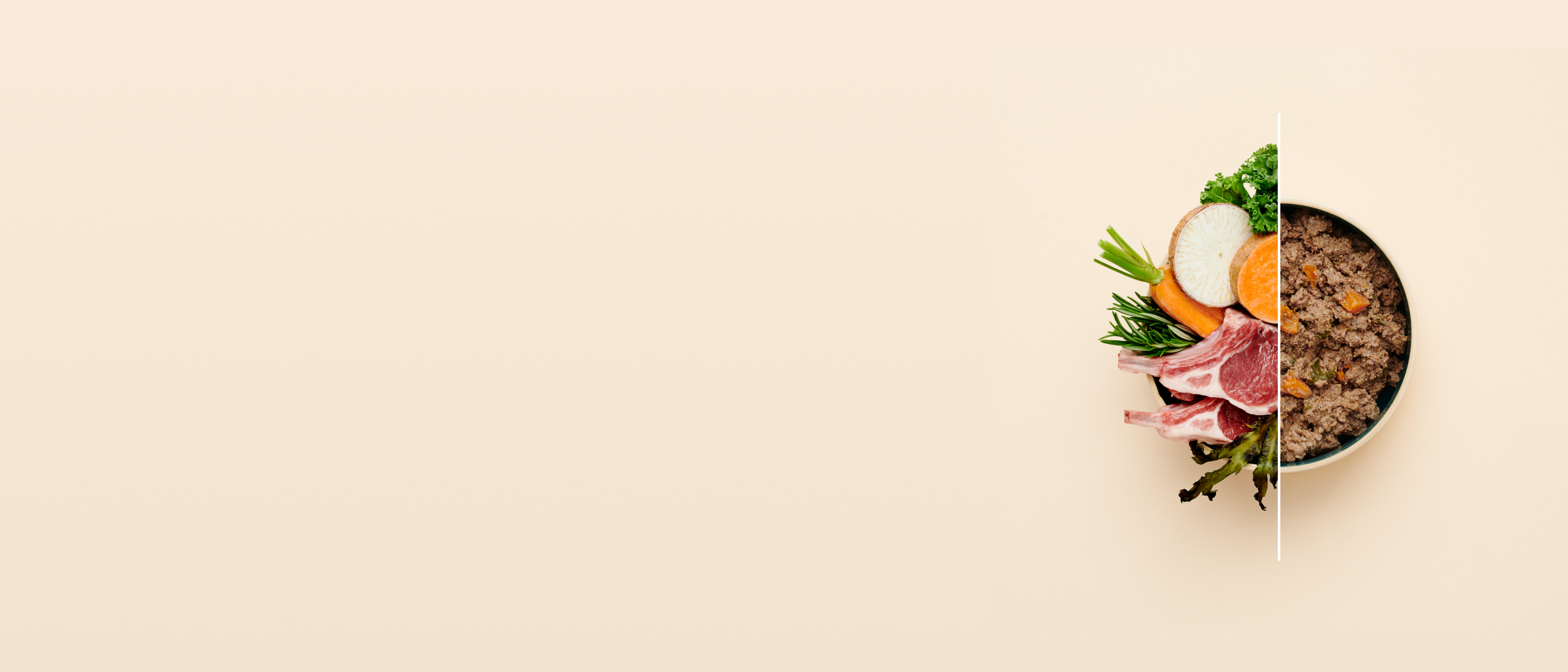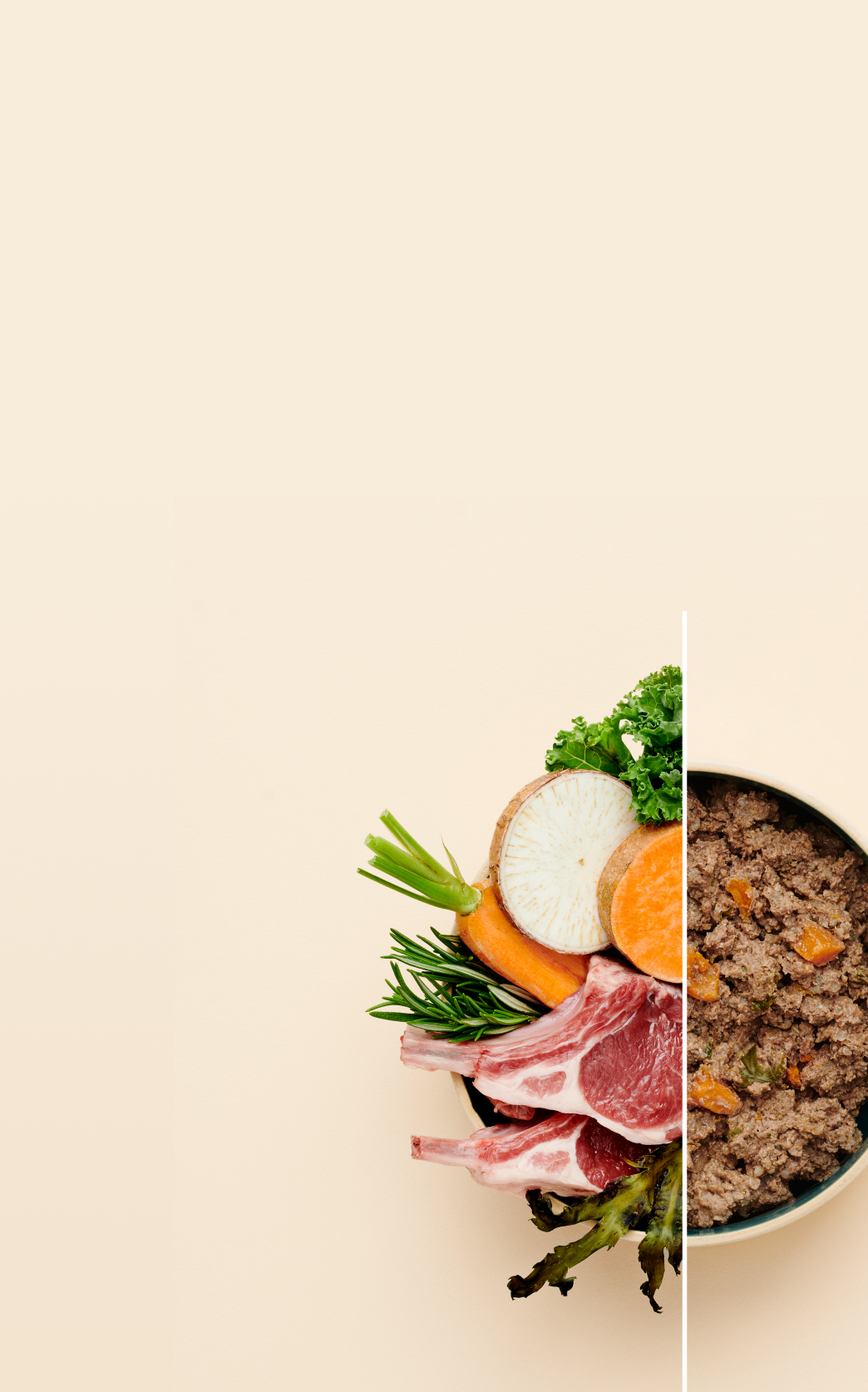What Dog Treats Are Safe For Puppies? Your Guide to Puppy-Friendly Snacking
When selecting treats for your puppy, safety is paramount. Puppies have sensitive digestive systems and unique nutritional requirements, especially during their early developmental stages!
The ideal treats should be more than just a tasty reward—they should support learning, promote positive behaviour, and complement a balanced diet.
Choosing natural, high-quality options ensures your puppy enjoys treats that are gentle on their stomach and supportive of their growth. Equally important is understanding which treats to avoid to protect your puppy’s health from unnecessary risks.
- Are Dogs Treats Good for Puppies?
- Only Use Treats for Training
- Break Treats into Smaller Pieces
- What Dog Treats Are Best For Puppy Training?
- What Treats Should I Avoid Giving My Puppy?
- The Final Woof
- FAQs
Are Dogs Treats Good for Puppies?
Dog treats can absolutely be beneficial for puppies—when chosen and used correctly. Not all treats are created equal, and some are better suited for training and development than others. The goal is to find treats that are easy to chew, quick to eat, and nutritionally appropriate.
Use treats as positive reinforcement during training sessions. When your puppy follows a command or displays good behaviour, a small, tasty reward helps strengthen the association. However, treats should only make up a small percentage of your puppy’s total daily calories to prevent nutritional imbalance or excess weight gain.

Only Use Treats for Training
Limiting treat use to training sessions helps reinforce structure and discipline. It establishes a clear link between positive behaviour and reward, making training more efficient and impactful. Puppies learn fastest when there’s a consistent connection between the action and the outcome.
Break Treats into Smaller Pieces
Large treats can overwhelm puppies, both in size and calories. Breaking treats into small, manageable pieces not only prevents choking hazards but also allows for more repetitions during training without overfeeding. For small or toy breeds, even commercial "training treats" may need to be halved or quartered.
What Dog Treats Are Best For Puppy Training?
The best training treats are those that are small, soft, palatable, and safe. Here are some ideal options to include in your puppy’s training toolkit:
Air-Dried or Soft-Baked Treats
Soft textures are ideal for puppies with developing teeth. Choose air-dried or gently baked treats made with minimal, natural ingredients—preferably high in protein and low in fat. Look for products made without fillers, additives, or artificial flavours.

Treats with fresh British beef as the #1 ingredient
Dog-Friendly Human Foods
Some human foods are safe in small amounts and make excellent high-value training treats. Good examples include:
- Plain cooked chicken or turkey (no seasoning)
- Steamed or roasted pumpkin
- Tiny bits of hard-boiled egg
Always avoid anything with spices, garlic, onion, or oils.
Homemade Puppy Treats
Homemade treats give you full control over ingredients. A simple recipe might include mashed pumpkin, wholemeal flour, oats, and a touch of peanut butter (xylitol-free). Roll into bite-sized portions and bake for a crunchy treat—or leave them soft for easy chewing.
What Treats Should I Avoid Giving My Puppy?
Puppies are particularly vulnerable to certain ingredients and textures that can lead to choking, digestive upset, or even toxicity. Avoid these common culprits:
High-Fat Treats
Too much fat can irritate a puppy’s stomach or trigger more serious conditions like pancreatitis. Save rich treats for occasional rewards and keep portions tiny.
Chocolate and Sweeteners
Chocolate is highly toxic to dogs, and even a small amount can be dangerous. Artificial sweeteners, especially xylitol, are also extremely hazardous and must be avoided completely.
Rawhide
Rawhide is often marketed as a dog chew, but it poses serious risks. It’s tough to digest, can splinter, and may contain harmful chemicals from processing. It’s especially unsuitable for puppies.
Bones
Cooked bones—especially chicken—can splinter easily and become lodged in your puppy’s throat or digestive tract. Even raw bones carry risk and should only be given under professional guidance.
Human Food Scraps
Feeding scraps can cause nutrient imbalances and reinforce unwanted begging behaviour. Certain foods, like onions, garlic, and anything fried or seasoned, are outright dangerous for dogs.
Common Foods to Avoid
- Grapes and raisins
- Macadamia nuts
- Caffeine
- Avocados
- Alcohol
- Onions and garlic
The Final Woof
When in doubt, stick to puppy-specific chews and treats made with limited ingredients and a nutritional profile tailored to young dogs. Look for products that clearly state they’re suitable for puppies and free from artificial preservatives, colours, and fillers.
Safe veggie options like frozen carrot sticks or bite-sized cucumber can also be a good treat alternative, especially for teething puppies. For nutritional peace of mind, choose options that are vet-approved and made from sustainably sourced, human-grade ingredients—just like those from Marleybones.

Treats with fresh British lamb as the #1 ingredient
Always consult your vet if you’re unsure whether a particular treat is safe, especially if your puppy has allergies or a sensitive stomach.
FAQs
Are dog treats safe for puppies?
Yes—dog treats are safe for puppies when they’re soft, easy to chew, and made with simple, natural ingredients. Avoid high-fat or overly hard treats that may cause digestive issues or choking.
What treats are best for puppy training?
Small, soft, and high-value treats work best. Air-dried or gently baked options made with real meat—such as Marleybones puppy-friendly treats—are ideal for frequent rewards during training.
How many treats can I give my puppy per day?
Treats should make up no more than 10% of your puppy’s daily calorie intake. Break treats into tiny pieces to avoid overfeeding and keep training effective.
What treats should I avoid giving my puppy?
Avoid chocolate, xylitol, rawhide, cooked bones, high-fat treats, and toxic foods like grapes, raisins, onions, and garlic.
Can puppies eat homemade or human foods as treats?
Yes—as long as they’re safe and plain. Options like cooked chicken, small bits of egg, or plain pumpkin are fine. For convenience and balanced nutrition, many owners choose Marleybones natural treats for everyday training.

